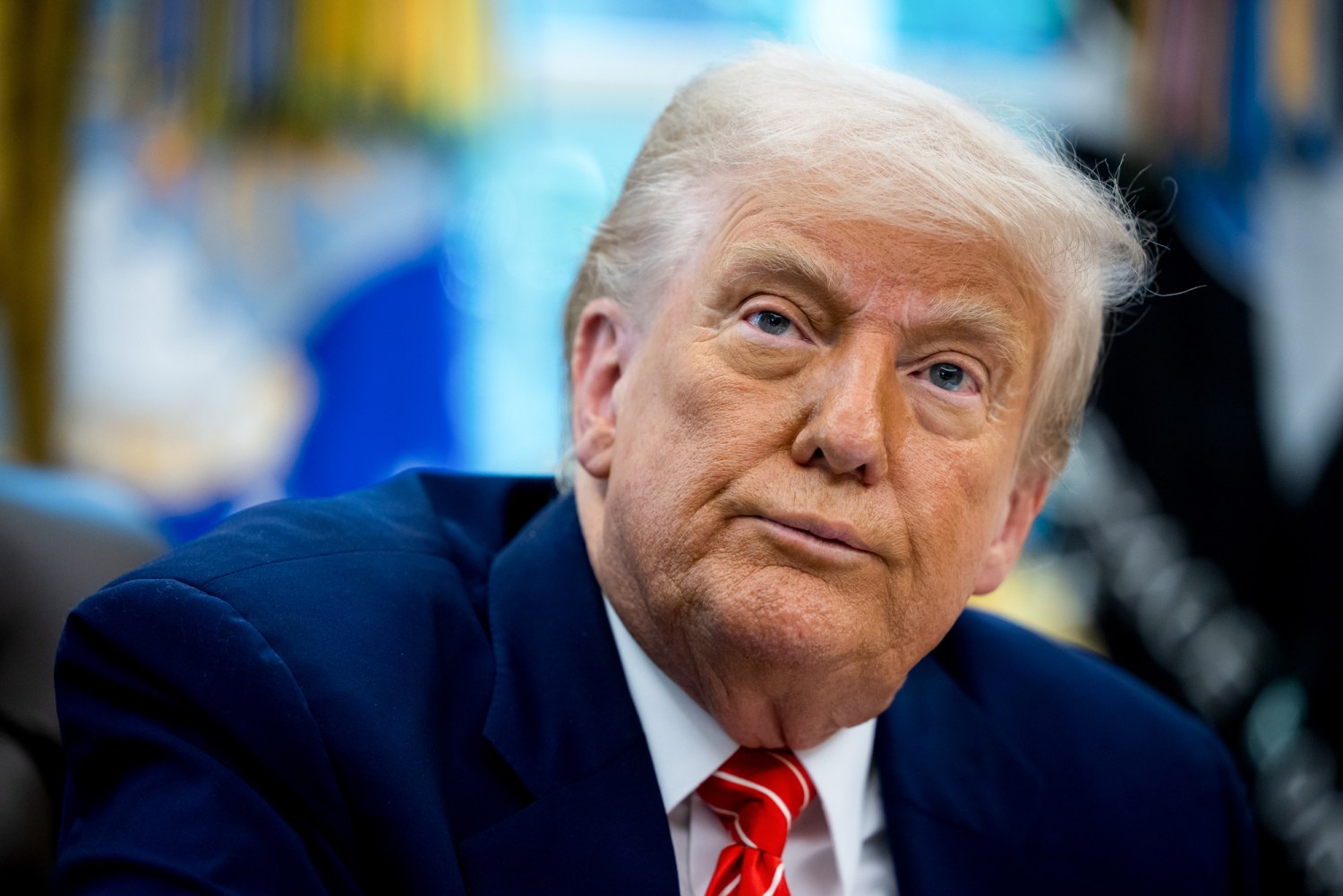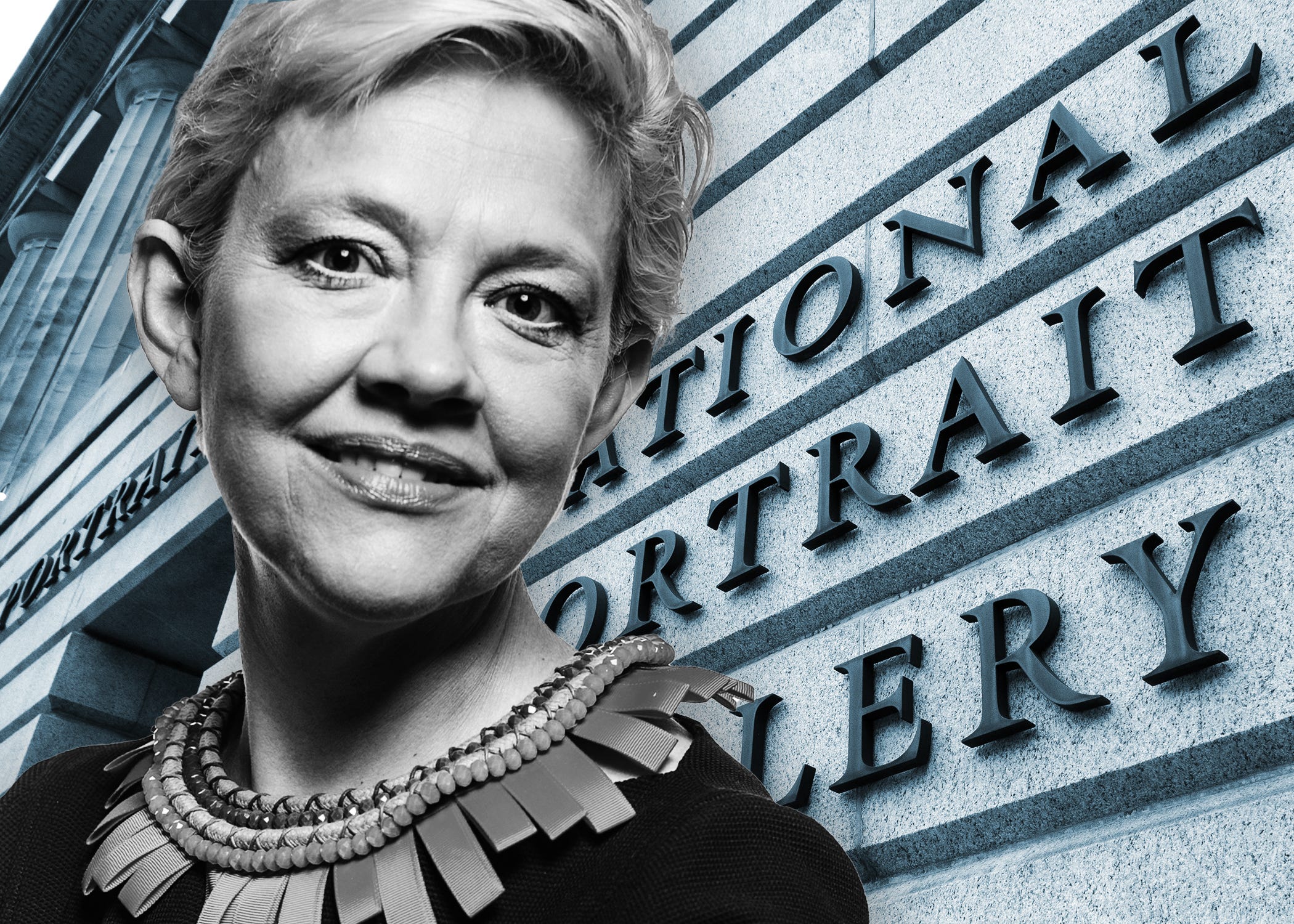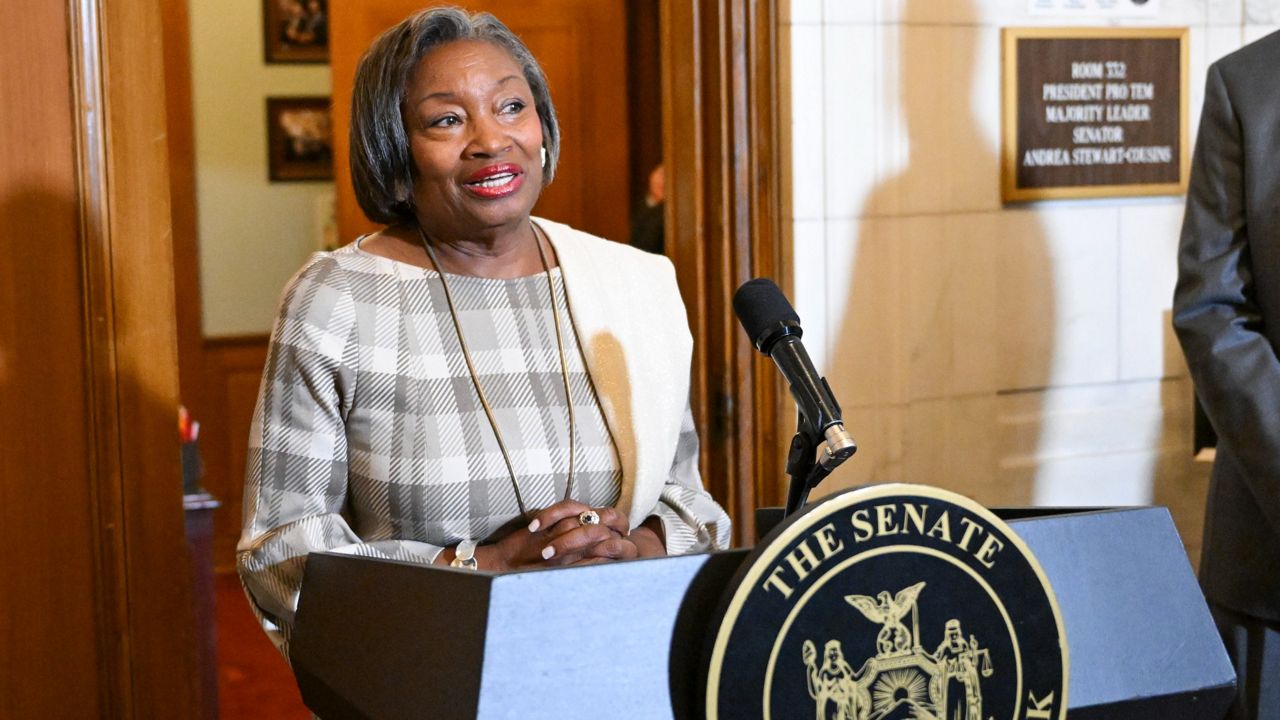- BlackVoter.Org
- Posts
- BlackVoter.Org
BlackVoter.Org


In this episode of The Politics Hour, D.C.
Mayor Muriel Bowser takes center stage, discussing the pressing issues facing the nation's capital. From tackling affordable housing and public safety to advancing the city’s economic recovery post-pandemic, Bowser addresses the challenges and triumphs of her administration.
Tune in as she shares insights on her vision for D.C.
’s future, highlighting key initiatives and community partnerships aimed at enhancing residents’ quality of life. With an engaging conversation that balances political strategy with the heartbeat of everyday D.
C. life, this episode is a must-listen for anyone wanting to understand the dynamics shaping Washington, D.
C.

In a passionate stand against potential Navy vessel renamings, Black leaders from Maryland are rallying to honor the legacies of Harriet Tubman and Thurgood Marshall. The Navy's proposal to rename ships bearing the names of these iconic figures has ignited a "cultural and political war" in their home state, leading to widespread denouncement.
Both Tubman, a fearless abolitionist, and Marshall, the first African American Supreme Court Justice, hold profound significance in American history, particularly within Maryland. Advocates argue that keeping their names on Navy ships not only preserves their legacies but also pays homage to the struggles and achievements of the African American community.
The outcry highlights the ongoing conversation about representation and recognition of historical figures who fought for justice and equality. As discussions continue, the future of Tubman and Marshall's legacies hangs in the balance, reflecting broader societal values and historical appreciation.

In a public showdown that could rival any political drama, President Trump and tech titan Elon Musk have erupted into a fiery feud. What began as Trump expressing disappointment over Musk's critique of a Republican policy bill quickly spiraled into a war of words on social media.
Musk accused Trump of benefitting from his support during the election, while Trump hinted at severing lucrative government contracts with Musk’s companies. With both men trading barbs—Musk alleging a connection between Trump and Jeffrey Epstein—the clash has captivated lawmakers and the public alike.
As both sides dig in, Republican lawmakers express concern over the potential fallout for their party. This messy rivalry not only showcases the tension between politics and business but also delivers plenty of drama, as observers can't help but liken it to a reality TV show.
The once-strong alliance appears to be crumbling, raising questions about their future interactions.

Hope Springs’ Free Voter Photo ID Project is making strides in the fight against voter suppression in Swing States. Focusing on Georgia and North Carolina, this initiative offers free voter photo IDs to those in need, dismantling barriers set by restrictive ID laws.
With over 241 Voter ID days organized last year, they've assisted more than 56,217 voters in securing the identification necessary to cast their ballots—80% of whom were African-American. By partnering with local Black churches and civil rights organizations, the project not only aids in obtaining IDs but also raises awareness of voter rights.
This grassroots effort aims to counteract Republican tactics aimed at narrowing the electorate by re-registering purged voters and ensuring community members feel safe and empowered during the voting process. As they gear up for the 2026 elections, Hope Springs is committed to mobilizing efforts that reflect the historical and cultural significance of voting.

Former President Donald Trump’s attempt to fire Kim Sajet, the director of the National Portrait Gallery, has ignited a cultural conflict, raising questions about the influence of politics over art institutions. In a recent post, Trump accused Sajet of partisanship and being overly focused on diversity, equity, and inclusion (DEI).
Despite his bold claims, Trump lacks the legal authority to dismiss her, as the Smithsonian's Board of Regents is responsible for such appointments. Critics argue that his motivations stem from a desire to exert control over cultural narratives, particularly following a label for his portrait that includes historical facts about his presidency.
While Sajet’s progressive approaches have drawn ire from the right, a review of her tenure reveals a commitment to a wide range of traditional and modern exhibitions. As the battle over cultural representation unfolds, Sajet’s situation highlights the ongoing tension between artistic freedom and political power.

New York's Senate Majority Leader, Andrea Stewart-Cousins, expressed optimism that the Medical Aid in Dying Act is poised for approval, with votes seemingly in favor as the legislative session winds down. This bill, which would allow terminally ill adults to access medically-assisted suicide prescriptions, passed the Assembly last month—a significant milestone after years of advocacy.
Stewart-Cousins highlighted a shift in sentiment among Senate members, emphasizing the importance of offering options to those facing end-of-life decisions. Advocates argue the bill prioritizes choice and dignity, backed by stringent safeguards to ensure responsible use.
However, opposition remains, citing concerns about health care disparities and the implications of assisted suicide. Proponents assert that the legislation aims to alleviate suffering for patients deemed terminal by multiple physicians.
As New York could join 11 other states with such laws, the coming week is crucial for this potentially groundbreaking legislation.

In a captivating exploration of history and activism, Nadege Green revives a little-known poem by Langston Hughes, "The Ballad of Sam Solomon," which celebrates the courage of Black voters in Miami during the 1939 primary elections. Amid threats from the Ku Klux Klan, local leader Samuel B.
Solomon rallied his community to exercise their voting rights, resulting in a historic turnout of over 1,400 Black voters. This powerful act of defiance against racial intimidation echoes the spirit of democracy, yet many remain unaware of this significant moment.
Green emphasizes the importance of acknowledging such local histories and highlights the need for memorialization, noting the absence of public markers honoring Solomon and his community's fight for civil rights. As she seeks to democratize access to Black history through initiatives like a recent poetry event, Green urges us to remember and share these stories of resilience and resistance.